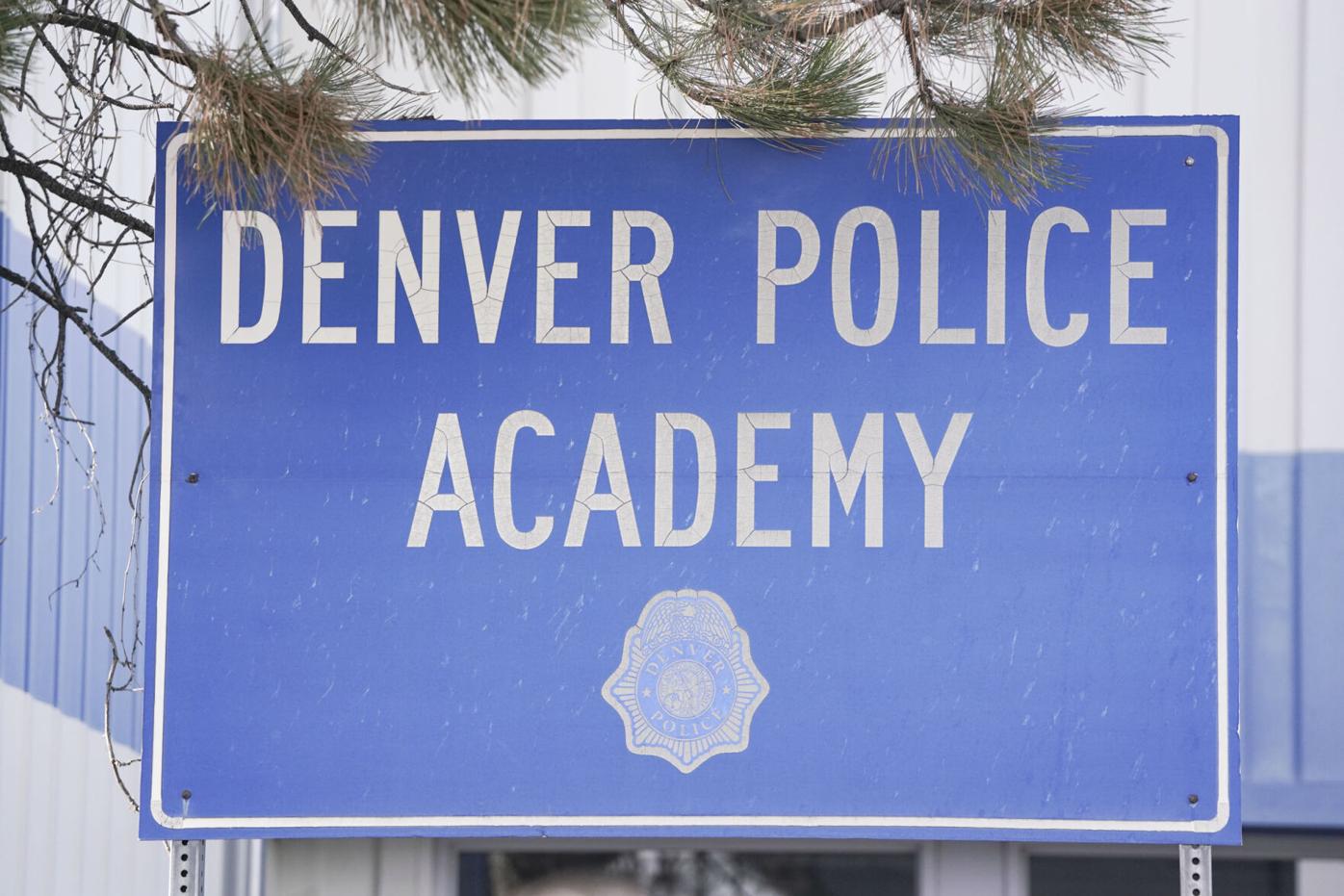Generation gap and more skew Denver cops’ public image | George Brauchler
Absent from news coverage of the latest poll of Denver by the bipartisan Colorado Polling Institute (CPI) is a dire warning for the Denver Police Department (DPD). It is an epic challenge that, if unaddressed, will drastically affect how Denver deals with crime and public safety.
DPD has a growing problem.
The key findings of the comprehensive poll from June 2024 reveal nothing of concern. When asked about their favorable/unfavorable views of DPD, 47% of respondents viewed DPD favorably in June 2024, which is slightly down from the 51% favorable from an August 2023 poll.
It is the deeper dive into the “crosstabs” — the cross tabulations that contain a more detailed analysis of variables (e.g. age, gender, education, etc) — that should grab the attention of DPD and residents alike.
There is a predictable difference in favorability views based upon political party and ideology. DPD is viewed favorably by (only) 61% of Republicans, but 40% of Democrats. Similarly, 63% of self-described conservatives are favorable, but only 33% of liberals and 24% of “very liberal/socialists.” Surprisingly, more than one in four Republicans (27%) have unfavorable views of DPD.
Unsurprisingly, that view is shared by more than half of all Democrat men.
Beyond politics and ideology, CPI’s poll indicates that one variable has as wide a divergence between favorable and unfavorable views of DPD. It is not gender, educational background, homeownership or even ethnicity.
It is age.
Sixty-three percent of Denverites 18 to 34 years old view DPD unfavorably — that is nearly two of every three young voters. Conversely, DPD’s strongest supporters are also the oldest; 63% of those Denverites 55 years and older have a favorable view of DPD. Huge. For the 18-34 year old age group, that number falls off a cliff to 29%. My public school math skills tell me that is a 34-percentage-point gap in DPD perception between the dominant generation of today, and the generation of tomorrow.
There is no wider gap on any issue for any demographic measured by CPI’s poll.
Perhaps consistent with age, length of residence in Denver is also a predictor of views. The longer in town, the more favorable the view of DPD. Fifty-five percent of those who have been here for 20 years or more (natives included) are pro-DPD. For those in Denver less than five years, that number plummets to 25%.
The reason for such a significant generational gap is open to debate — and it should be debated and understood. From the post-George Floyd political assault on law enforcement, to an increasingly socialist/progressive higher education system that influences one of the most educated populaces in America, to highly publicized negative stories about law enforcement, the reasons for the dramatic shift in DPD perception are several and overlapping.
But they are real.
There are signs that DPD’s image with the community it serves is about more than just age. For instance — and strikingly — of even those who view Denver as “not safe,” 42% hold an unfavorable view of DPD.
Kevin Ingham of Aspect Strategic, who works with CPI, points out that of those who said drugs/crime/safety was their number one issue of concern in Denver, only 55% view DPD favorably. To restate those troubling numbers, it means that more than two in five Denverites who prioritize public safety and think Denver is not safe view DPD — Denver’s public safety organization and its protectors from crime — favorably.
As Lincoln observed, the struggles of today are not altogether for today. DPD and the city must act now to better understand why these views exist, and quickly work to address them.
Over the next 30 years, the potential ramifications are existential-adjacent. The prioritization of future funding for DPD is at risk, as the generation of DPD’s most ardent supporters is replaced by a generation far more negative toward law enforcement and skeptical of the organization.
Prosecutors — who are acutely sensitive to the potential biases of jurors — must be concerned about the unfavorable views of a growing portion of their jury pool.
Many cases rely upon the perceived credibility of the DPD officers who responded to a crime scene or conducted the investigation. Defense attorney claims of officer overreach, incompetence, misconduct or even abuse likely will find more favor with those who enter the courtroom with negative views of DPD.
For those plaintiff’s attorneys who continue to make literal millions of taxpayer dollars off claims — legitimate or otherwise — of police misconduct, these numbers tell them that they should file more cases and push for larger settlements.
Do CPI’s “canary in the coal mine” numbers portend of a growing loss of trust in the criminal justice process and the rule of law — which would be devastating for society? More information is needed.
The great men and women of the Denver Police Department who do the heavy lifting of protecting us from crime and evil appear to have an image problem that puts their future at risk. CPI’s important work reveals only the symptoms, but it cannot provide the cure. That must come from us. And DPD.
George Brauchler is the former district attorney for the 18th Judicial District and is a candidate for district attorney in the newly created 23rd Judicial District. He has served as an Owens Early Criminal Justice Fellow at the Common Sense Institute. Follow him on Twitter(X): @GeorgeBrauchler.
George Brauchler is the former district attorney for the 18th Judicial District and is a candidate for district attorney in the newly created 23rd Judicial District. He has served as an Owens Early Criminal Justice Fellow at the Common Sense Institute. Follow him on Twitter(X): @GeorgeBrauchler.





